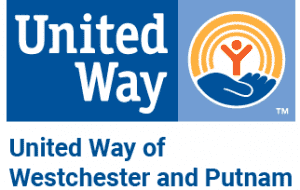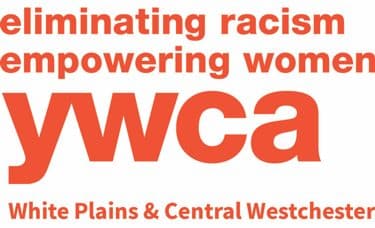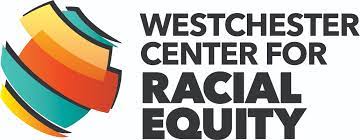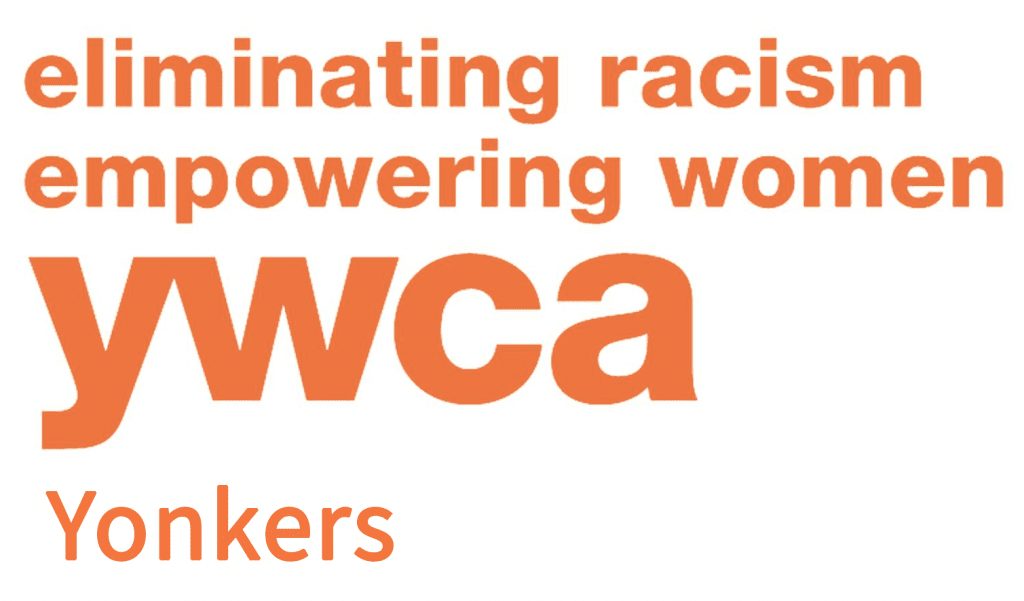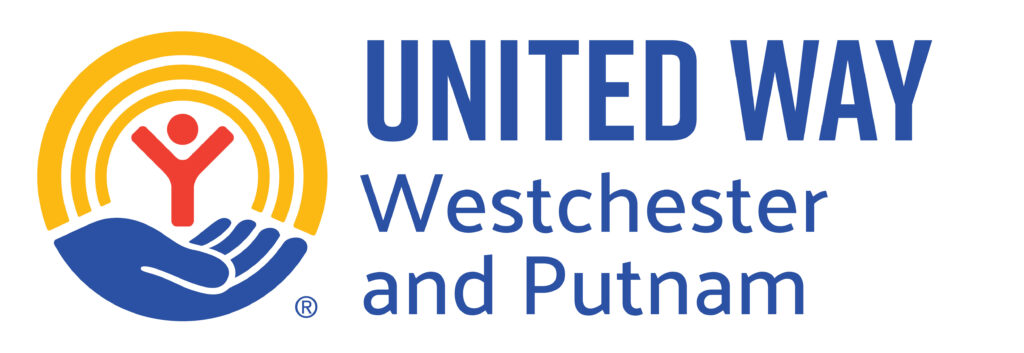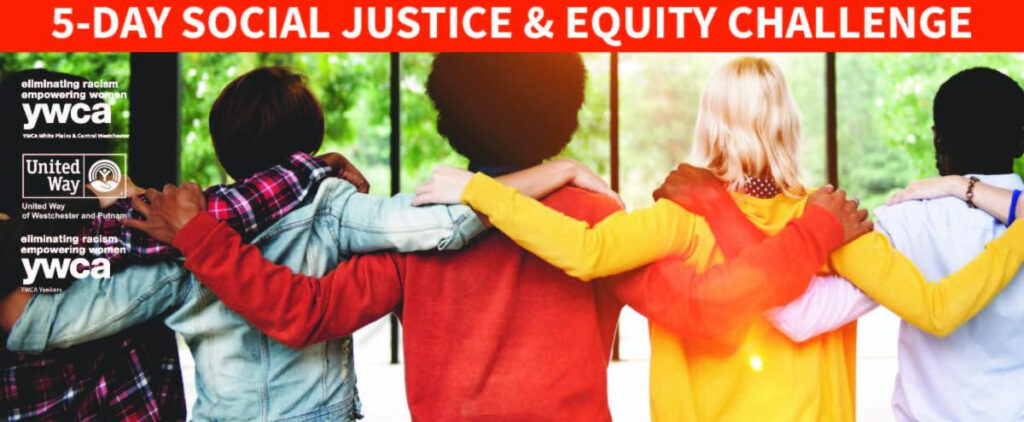
Racism and Housing Day 3: Affordable Housing Disparities

The United States is facing a severe affordable housing crisis. According to the National Low Income Housing Coalition, there is a shortage of 7.3 million affordable and available rental homes for extremely low-income renters. People of color, low-income households, and families with children feel this shortage most acutely.
People of color are disproportionately affected by the lack of affordable housing in Westchester County. According to a 2020 study by the Westchester County Housing Authority, 55% of Black and 50% of Hispanic households are cost-burdened, meaning they spend more than 30% of their income on housing compared to 39% of white families.
Additionally, the lack of affordable housing also disproportionately affects low-income households. According to the same study, 72% of households with incomes below $50,000 are cost-burdened compared to 35% of homes above $100,000.
Finally, the lack of affordable housing is not evenly distributed throughout the county. Some areas, such as the city of Yonkers, have a much higher concentration of affordable housing than others, such as the Town of Bedford. The uneven distribution can make it difficult for people to find affordable housing in the areas where they work and want to live.
A few factors have contributed to the lack of affordable housing in Westchester. These factors include the high cost of housing, zoning restrictions, and NIMBYism. The cost of housing in Westchester County is among the highest in the country because of the high demand for housing, the limited supply of land, and the increased construction cost. Additionally, many municipalities in Westchester County have zoning restrictions that make it challenging to build affordable housing. These restrictions can include minimum lot sizes, minimum parking requirements, and height restrictions.
Finally, NIMBYism, or “not in my backyard,” is a term used to describe the opposition to new development, exceptionally affordable housing development. NIMBYism is often based on concerns about traffic, noise, and property values.
In 2009, the United States Department of Housing and Urban Development (HUD) sued Westchester County for violating the Fair Housing Act. The lawsuit alleged that the county had discriminated against low-income families and people of color in its zoning and housing policies.
As part of the settlement agreement, Westchester County agreed to build or acquire 750 affordable housing units in white areas and market them to non-whites. The county also agreed to promote legislation prohibiting landlords from rejecting tenants who use government subsidies to help pay their rent.
In 2010, Westchester County Executive Rob Astorino vetoed legislation prohibiting landlords from rejecting tenants who use government subsidies. This veto violated the settlement agreement with HUD, and the county was found in violation of the Fair Housing Act.
As a result of the violation, HUD withheld $12 million in community development grants from the county. The county is also facing a lawsuit from the Partnership for Strong Communities, a non-profit organization that advocates for affordable housing.
The affordable housing federal violation from Westchester County is a reminder of the importance of enforcing fair housing laws. When governments and businesses discriminate against low-income families and people of color, it makes it harder for them to find affordable housing and participate fully in society.
In 2009, the US Housing and Urban Development found that Westchester County violated the Fair Housing Act. First, it found that the county’s zoning regulations made it difficult to build affordable housing in white areas. Second, the county’s housing policies made it difficult for low-income families and people of color to get access to affordable housing. Finally, the county vetoed legislation that would have prohibited landlords from rejecting tenants who use government subsidies.
The violation of the Fair Housing Act by Westchester County is a serious problem. It is essential to hold governments and businesses accountable for their actions and to ensure that everyone has equal access to affordable housing.
The lack of affordable housing has several negative consequences. These consequences include homelessness, displacement, and poverty. In 2020, an estimated 1,200 people experiencing homelessness and an estimated 1,000 households were displaced from their homes in Westchester County. The lack of affordable housing can also contribute to poverty, as people spend much of their income on housing. This can make it difficult for people to afford other necessities, such as food and transportation.
The lack of affordable housing in Westchester County is a serious problem. However, there are several things that can be done to address this problem, such as upzoning and changing zoning regulations to allow for more dense development, offering affordable housing subsidies, creating public-private partnerships to develop affordable housing, and educating others to raise awareness of the need for affordable housing and to build support for affordable housing policies.
By implementing these strategies, we can create more affordable housing in Westchester County and make it a more equitable place to live.
Today's Challenge
READ
Town Of Eastchester Agrees to End All Residency Preferences and Pay $635,000 to Settle Case https://fairhousingjustice.org/enforcement/opening-acts-june-1-2021/
WATCH
How Are Racism, Housing, and Policing Connected: https://housingmatters.urban.org/research-summary/how-are-racism-housing-and-policing-connected
LISTEN
Advancing Fair Housing Policy in Local Government: https://podcasts.apple.com/us/podcast/advancing-fair-housing-policy-in-local-government-season/id1572688307?i=1000525763673
REFLECT
What affordable housing options are available in your town and in your local HOA or community? Think about your local school and if it is socio-economically diverse. Is your neighborhood made up of people with a certain level of income? If so, how can we bring more diverse people into the area with different experiences, backgrounds, ethnicities, and races?
ACT
Advocate for policy changes in your local area that promote appropriate use of housing funds to create affordable housing in your area?
Look up the term YIMBY – Yes in My Backyard. https://newyorkyimby.com
Sign up for alerts for New York Yimby, which is a great start to learn about projects in the area for mixed use development and high density affordable housing.
These articles were curated by a local committee to be used as a list of resources pertinent to DEI topics. The 21-Day Racial Equity Challenge Committee would like to thank and give attribution to those who created the content above, which reflects their individual perspectives. We do not support nor endorse any advertisements associated with the above content.
The 5-Day Social Justice Journey is brought to you by
